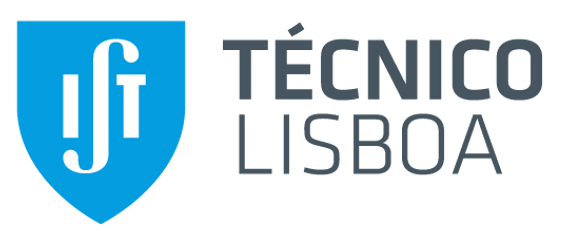Successful realization of this project needs very strong interdisciplinary approach involving technical sciences, agriculture, economics and innovation management. The CANMILK consortium, led by project coordinator VTT, is formed by 7 partners from 5 European countries covering all competences needed for the delivery of the project‘s objectives.
VTT is a visionary research, development, and innovation partner. We drive sustainable growth and tackle the biggest global challenges of our time and turn them into growth opportunities. We go beyond the obvious to help the society and companies to grow through technological innovations. We have over 75 years of experience of top-level research and science-based results. In CANMILK, we are responsible for the coordination of the project, methane emission measurements, and the development, construction, and validation of the methane reduction unit.
Valio is the project’s partner in dairy production and an expert in dairy product marketing. It has long experience-based understanding on how to best communicate and engage with and inspire milk producers and consumers. During the CANMILK project, Valio’s experts will help to collect and analyze farmer’s opinions and concerns regarding the proposed CANMILK technology.
The research group PLASMANT at University of Antwerp (UA) has about 20 years of experience in plasma modeling and experiments for various applications, but with main focus on sustainable chemistry (gas conversion) and plasma medicine. In CANMILK, they are responsible for modeling O2 and H2 plasma and their interaction with CH4, and assisting in the final plasma reactor setup.
The main research lines of the Circular Chemical Engineering (CCE) department at University of Maastricht (UM) address circular plastics by mechanical recycling and plasma chemistry for electrification of industrial processes. In CANMILK their focus lies mainly on detailed diagnostics with a major role in WP2 (plasma modeling and diagnostics) and WP4 (process concept).
Steinbeis Europa Zentrum (SEZ) has more than 30 years of innovation consulting experience with a focus on international markets and EU research funding. In CANMILK, SEZ leads the communication, dissemination and exploitation activities and supports the development of a network of stakeholders in the field of methane abatement and emission reduction.
Johnson Matthey (JM) is the world leading company in the field of catalyst development and related process development, including relevant experience in plasma catalysis. They have commercial technology and experience in methane decomposition from coal mine air. In the project this know-how is utilized in the design of the CANMILK system.
Durham University (DU) departments of Chemistry and Engineering are both UK leaders in sustainable innovation, aligned to the university’s Centre for Sustainable Chemical Processes and the Durham Energy Institute. In CANMILK, they will work on the catalysts and adsorbent technologies and assess the system feasibility, conducting techno-economic analysis. DU will build on knowledge obtained in a previous UK collaboration, in which the feasibility of conventional catalytic methane abatement for cattle barn air was examined.
The Instituto de Plasmas e Fusão Nuclear (IPFN) and the Centro de Química Estrutural (CQE) are two research units associated with the Instituto Superior Técnico, the largest and most prestigious school of engineering, science, technology and architecture in Portugal. In CANMILK, they will study the role of plasma-activated species and catalytic activity at the plasma-catalyst interface.

